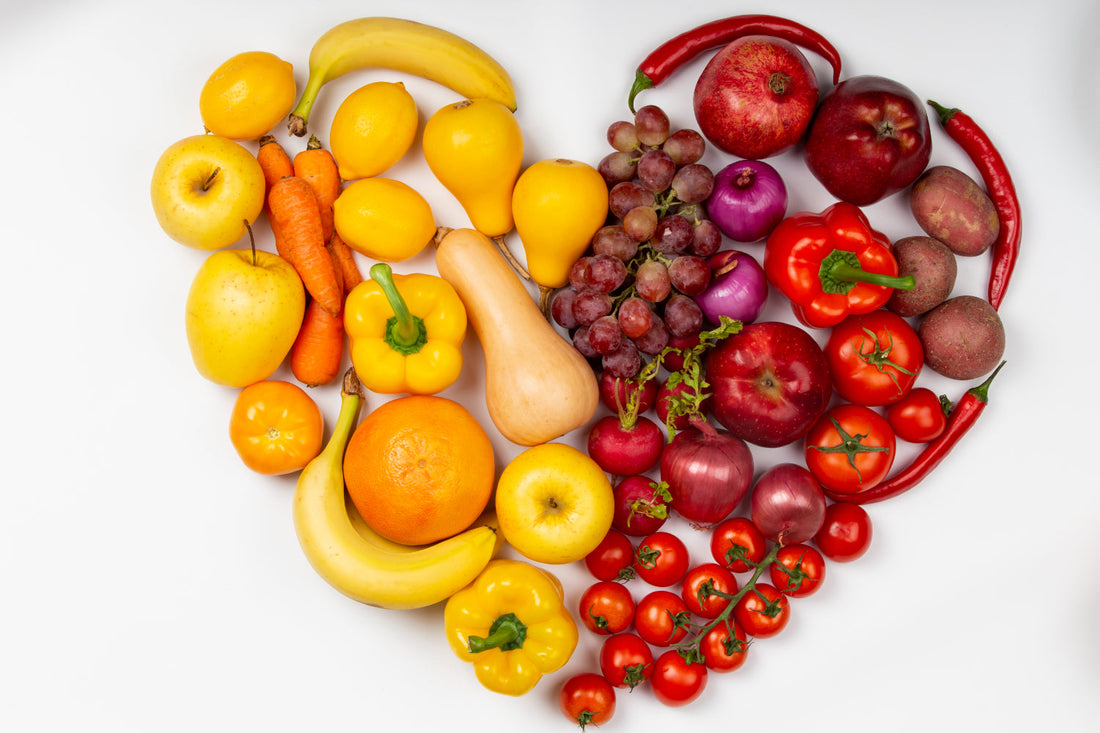In a world where supermarkets stock all types of fruits and vegetables year-round, the concept of eating seasonally might seem outdated. However, there are compelling reasons to choose seasonal produce. Here’s a detailed look at why seasonal fruits and vegetables should be a staple in our diets.
The Freshness Factor
Seasonal produce is harvested at the peak of its freshness. This not only maximizes flavor but also ensures that you’re getting fruits and vegetables that haven’t been stored for long periods, which can degrade taste and texture. When you bite into a crisp apple or a juicy tomato that’s in season, the difference in quality is immediately noticeable.
Nutritional Superiority
Eating seasonally is not just about taste; it’s also about nutrition. Fruits and vegetables contain the highest amount of nutrients shortly after harvest. For example, beta-carotene, an antioxidant found in carrots and pumpkins, is more potent when these vegetables are in season. By choosing seasonal items, you’re likely to consume produce that’s richer in vitamins, minerals, and other beneficial compounds.
Health Benefits Abound
The health benefits of eating seasonal produce are vast. Seasonal fruits and vegetables can provide our bodies with needed nutrients to maintain health. They can help strengthen the immune system, improve heart health, and even reduce the risk of certain cancers. Moreover, because seasonal produce is fresher, it retains more of its original nutrient content.
Environmental Considerations
Choosing seasonal produce is also an environmentally friendly decision. Fruits and vegetables grown out of season often require more energy for transportation and storage, leading to a larger carbon footprint. Seasonal produce, on the other hand, is typically grown closer to where it is sold, reducing transportation emissions and supporting sustainable farming practices.
Economic Advantages
When you buy seasonal fruits and vegetables, you’re often supporting local farmers and your local economy. This can lead to more robust community economies and the preservation of local farmlands. Additionally, because seasonal produce is abundant during its peak season, it’s often less expensive than out-of-season produce that has been shipped from far away.
How to Incorporate Seasonal Produce
To make the most of seasonal fruits and vegetables, familiarize yourself with what’s in season in your area and plan your meals accordingly. Visit farmers’ markets, subscribe to a CSA box, or simply be mindful of the seasonal options available at your grocery store. You can also grow your own produce, which is a rewarding way to ensure you’re eating the freshest possible fruits and vegetables.
Conclusion
Eating seasonal fruits and vegetables is a choice that benefits not only our health but also our planet and our wallets. With each seasonal change, a new array of produce becomes available, offering us an opportunity to diversify our diets and enjoy a variety of fresh, flavorful, and nutritious foods. So next time you’re at the market, reach for the seasonal options and savor the benefits that come with them.






